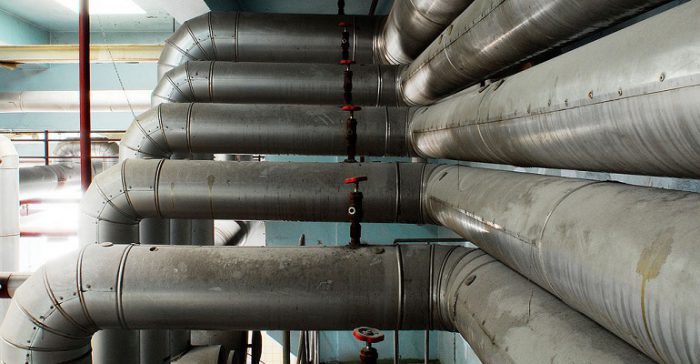Ammonia Heat Pump Reduces Carbon Footprint for Irish Dairy
This article was originally published on ammonia21.com on 3/24/20. An ammonia (NH3) heat pump installed last year by Aurivo, Ireland’s second largest milk producer, has increased processing capacity by 80% while cutting its CO2 emissions by 80% by improving efficiency and downgrading oil-burning boilers. The heat pump, from GEA, is installed at the company’s Killygordon site, … Read more


